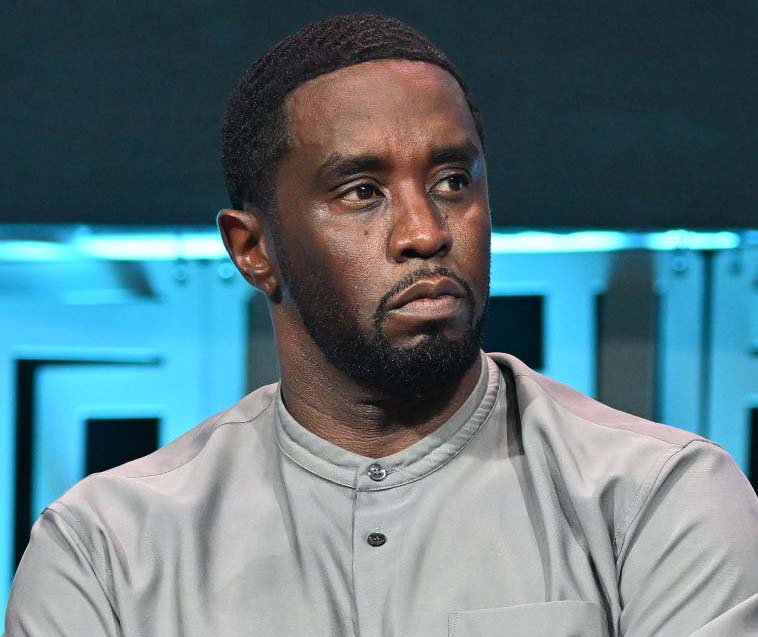In a high-profile case that has captured public attention, a jury has found Sean “Diddy” Combs guilty of two counts of transportation to engage in prostitution. The verdict was reached after three days of deliberation by a jury of eight men and four women. Combs, however, was acquitted of more severe charges, including racketeering and sex trafficking, which could have led to a life sentence.
The jury’s decision came after 13 hours of deliberation, culminating in a unanimous verdict on Wednesday. The case, which unfolded in a Manhattan federal court, has been marked by dramatic testimonies and intense media scrutiny.
The Trial and Its Key Players
The trial, lasting seven weeks, featured testimony from 34 witnesses, including former employees of Combs’ Bad Boy Entertainment and two former partners. Among the most compelling testimonies was that of singer Casandra “Cassie” Ventura, who detailed a decade-long abusive relationship with Combs. Ventura described being coerced into participating in numerous sexual events, which she claimed were filmed and used as leverage against her.
Another significant witness, known only as “Jane,” a social media influencer, recounted similar experiences, claiming she was pressured into sexual performances. Her testimony spanned six days and painted a picture of manipulation and coercion.
Prosecution’s Argument: A ‘Kingdom’ of Crime
Prosecutors depicted Combs as the head of a criminal enterprise, likening his operations to a “kingdom” where silence and shame were tools of control. Assistant U.S. Attorney Christy Slavik argued that Combs’ influence was amplified by a network of assistants and bodyguards who facilitated and concealed his activities.
“The defendant was a powerful man, but he became more powerful and dangerous because of his inner circle, his businesses — the enterprise,” Slavik stated in her closing arguments.
The prosecution’s case was bolstered by recordings of the alleged “freak offs” and “hotel nights,” which were presented as evidence of the systematic abuse.
Defense’s Counter: Consenting Adults and Lifestyle Choices
In contrast, Combs’ defense team focused on the consensual nature of the relationships. They argued that the encounters were between consenting adults and that the prosecution had exaggerated the nature of Combs’ lifestyle. The defense presented text messages as evidence of mutual consent and planning of the encounters.
“He did not do the things he’s charged with. He didn’t do racketeering conspiracy and sex trafficking,” defense attorney Marc Agnifilo asserted, dismissing the prosecution’s claims as overblown.
The defense also criticized the investigation’s focus on Combs’ personal life, arguing that the case was more about his sexual preferences than criminal behavior.
Implications and Looking Ahead
The verdict has significant implications for Combs, a prominent figure in the music industry. While he avoided the most severe charges, the guilty verdict on prostitution-related offenses still carries serious consequences. The transportation charges alone could result in a sentence of up to 10 years.
This case highlights ongoing issues within the entertainment industry regarding power dynamics and abuse. It also raises questions about the legal system’s handling of such cases, particularly in balancing personal freedoms with criminal accountability.
As the legal process continues, with potential appeals and sentencing ahead, the case of Sean “Diddy” Combs serves as a stark reminder of the complex interplay between celebrity, power, and justice.
